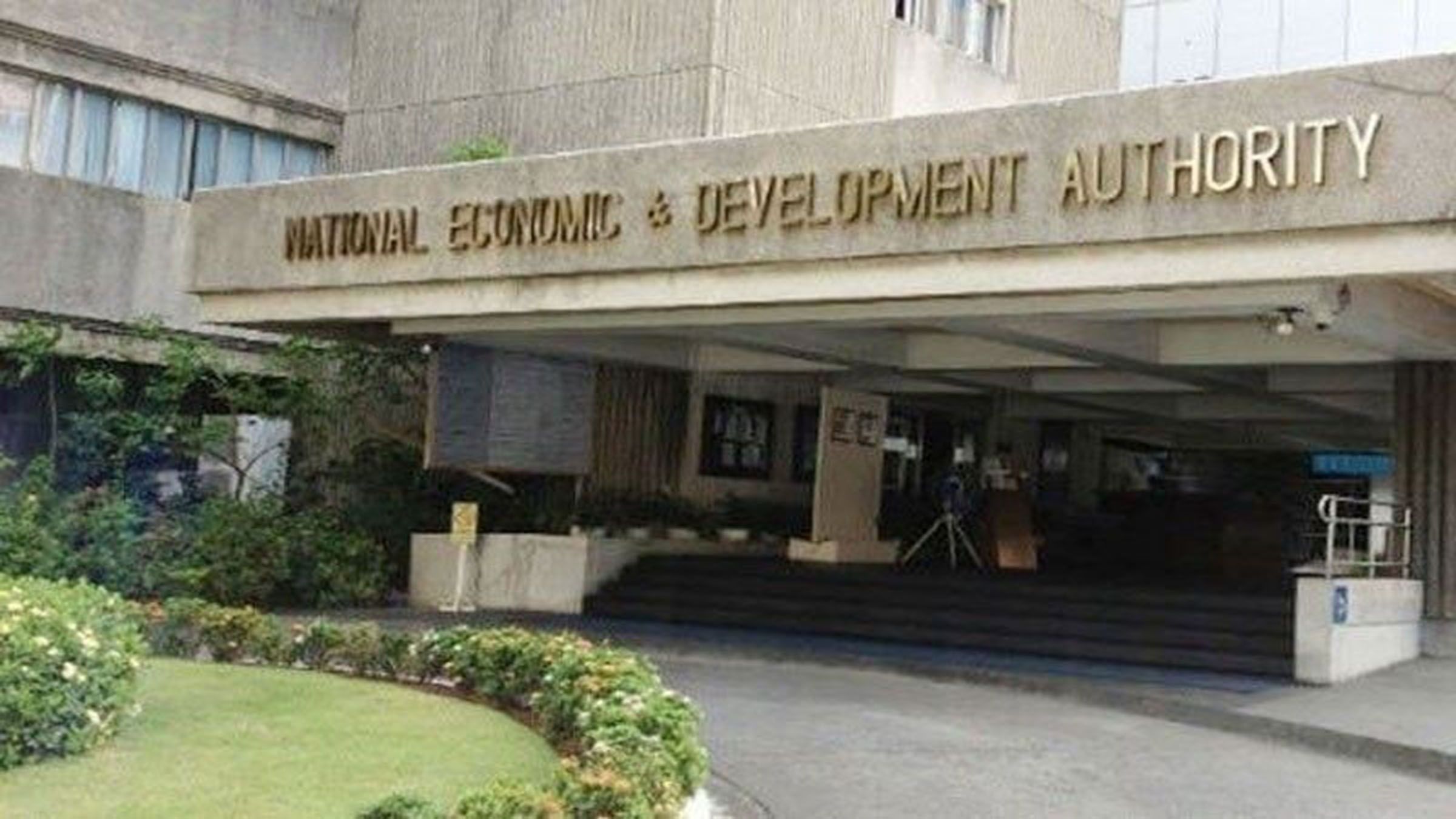Even as organized labor is questioning the relevance of holiday economics to them, esp. for the contractual and daily wage earners, the call by a senator to amend this program, that was began by President Gloria Arroyo, to allow long weekends does not sit well with the National Economic and Development Authority, which wants it carefully studied.
NEDA Undersecretary Rosemarie Edillon cited a negative impact on businesses in terms of cost from having longer weekends as she insist that the impact of the economy must first be net positive lest the bill would not boost economic growth, as envisioned.
She said this is the reason for the need to study the proposal to
“make sure that it doesn’t add to the cost of doing business because we know that such holidays entail costs in terms of extra pay. We at NEDA will do the analysis once the bill gets to us for comment.”
She recognized that allowing long weekends could help boost domestic tourism and promote work-life balance but this has to be checked against the additional costs that businesses may incur.
Sen. Raffy Tulfo filed SB No. 1651 amending RA No. 9492 on holiday economics to promote domestic tourism and promote work-life balance among workers and students.
“Holidays are integral in order to honor and commemorate special events or traditions with cultural or religious significance. The Philippines celebrates 18 national holidays annually, four of which are considered ‘special non-working holidays.’ These days may at times fall on a weekend making them feel less celebratory for individuals,” the bill stated.
“Additionally, the increase in the number of long weekends can help reduce stress, prevent burnout, and promote work-life balance for both employees and students by allowing them to decompress and spend time with their family and friends,” it added.
Under the bill, if the holiday falls on a weekend, it will be commemorated on the following Monday. It also recommends that the President issues a proclamation on the first Monday of December containing the dates that will be pronounced as a non-working day for the following year.
Arroyo’s RA 9492 was dropped by President Aquino through Proclamation No.84.
For 2023, President Ferdinand Marcos Jr. signed Proclamation No. 90, which highlighted that “[t]here is a need to adjust these holidays pursuant to the principle of holiday economics wherein a longer weekend will help encourage domestic travel and increase tourism expenditures in the country.”
Last Wednesday, SENTRO Secretary General Josua Mata criticized the bill saying ‘I have yet to see a study that will show that holiday economics has an impact on the economy and to citizens,” Mata said.
The bill fails to consider the impact on workers as the idea of holiday economics is for people to go on holiday. But how can you go on a holiday when you are worried about your jobs, you don’t have a job, or even if you have a job, you don’t have the resources to allow you to travel? It doesn’t make sense,” Mata said.
He said transferring the commemoration of important holidays can lessen the importance of the said events like Labor Day (May 1) and Bonifacio Day (November 30) Araw ng Kagitingan (Day of Valor). The commemoration of those days should not be changed because these are days designed to commemorate actual historical events and figures who are important to us,” Mata said.
